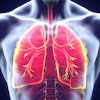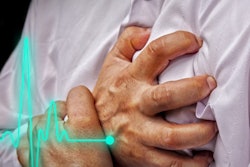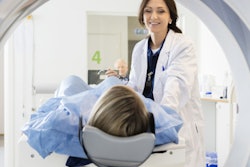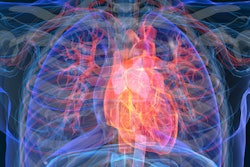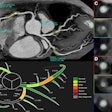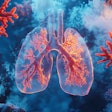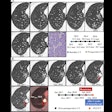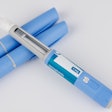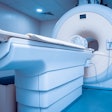Dear CT Insider,
Pulmonary hypertension in children is a chronic condition that tends to be severe. The disease is diagnosed and treated using imaging modalities such as cardiac catheterization, chest CT, nuclear medicine imaging, and x-ray -- all of which impart significant amounts of radiation.
Researchers from the University of California, San Francisco focused on CT in particular in a study that estimated how much radiation children with pulmonary hypertension receive in a year from the repeated CT exams they undergo. Check out what they found in this edition's Insider Exclusive.
This month, we've posted a number of stories about coronary CT angiography (CCTA). A team from Southwestern Medical Center in Dallas found that CCTA is a safe and cost-effective way to rule out acute coronary syndrome in patients experiencing acute chest pain, and a group from Fuwai Hospital in Beijing, China, found that the modality helps predict risk of major adverse cardiac events in patients with non-ST segment elevation acute coronary syndrome -- in part by its ability to quantify lipid-rich plaque.
When you've read these reports, take a look at our coverage on how dual-energy CT helps diagnose an aggressive subtype of hepatocellular carcinoma and how it helps surgeons better plan treatment of distal radius fractures.
On the AI side, check out our stories about how a deep-learning algorithm improves CT's ability to detect head abnormalities across a wide range of regions and how using a deep-learning algorithm with CT imaging shows promise for diagnosing muscle wasting in head and neck cancer patients.
Finally, don't miss our articles on how the use of sedation and anesthesia has decreased for CT and MRI exams in pediatric emergency departments and how CT helped clinicians identify a button battery lodged in a child's esophagus that was making it difficult for her to swallow.
CT is a flexible and effective tool for patient care, as these studies demonstrate. Keep current on the modality's many benefits by visiting our CT Community regularly, and if you have CT-related topics you'd like us to consider, please contact me.



